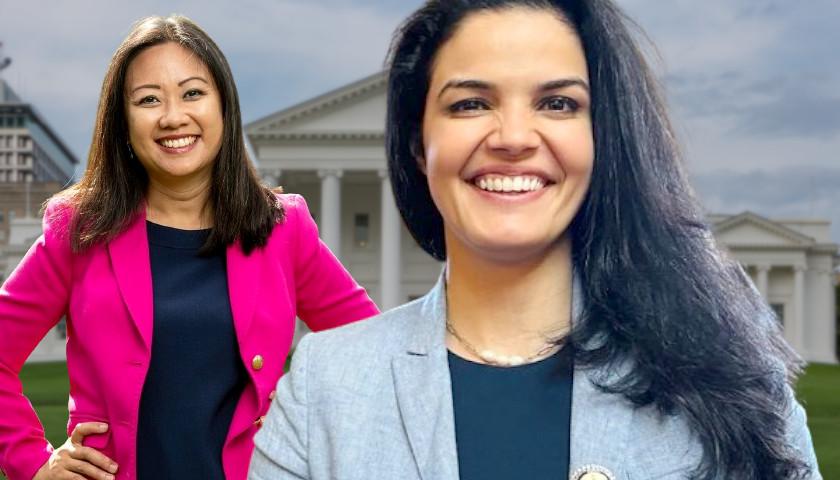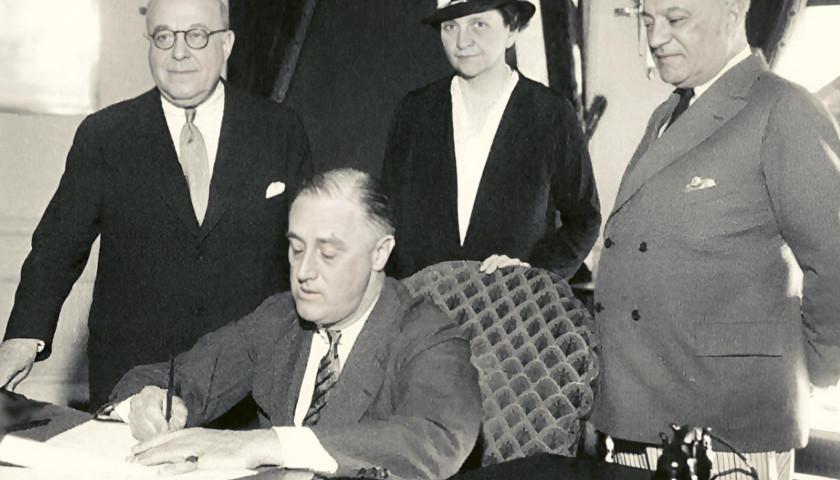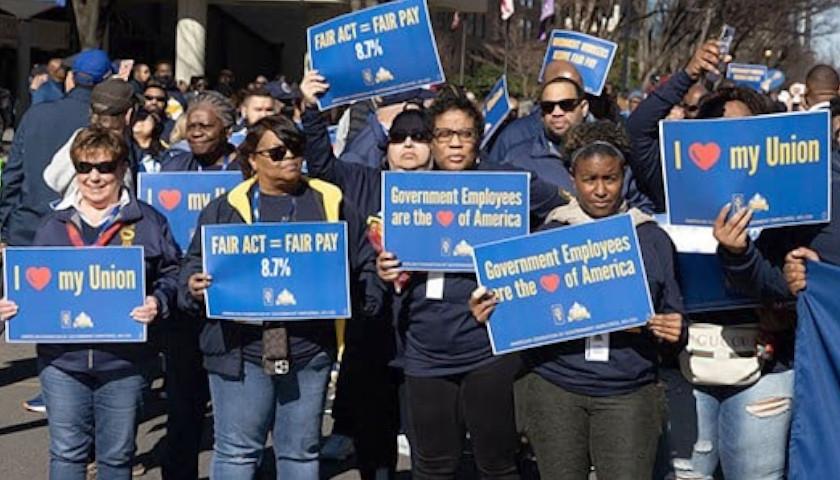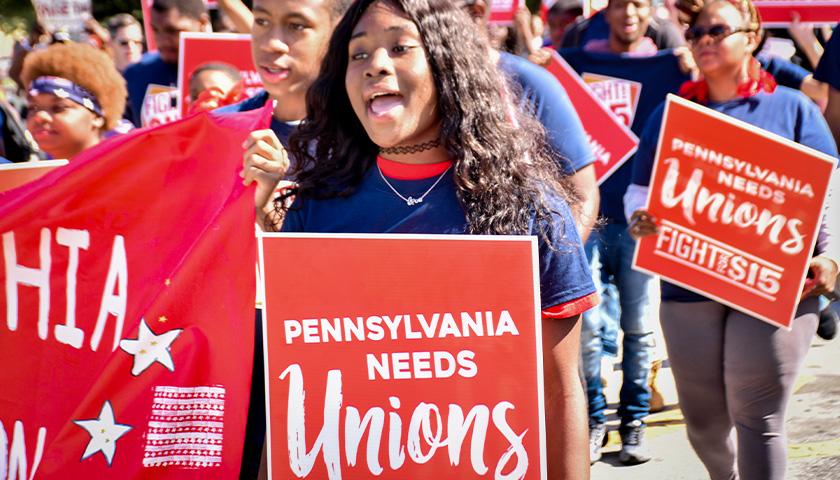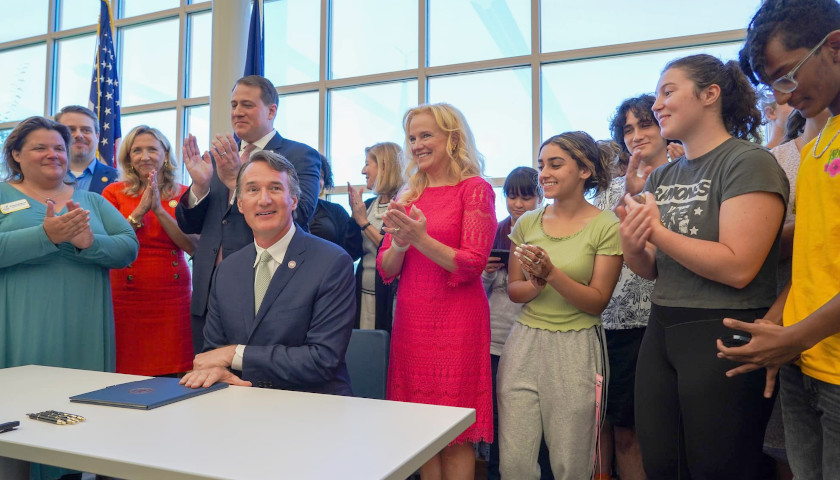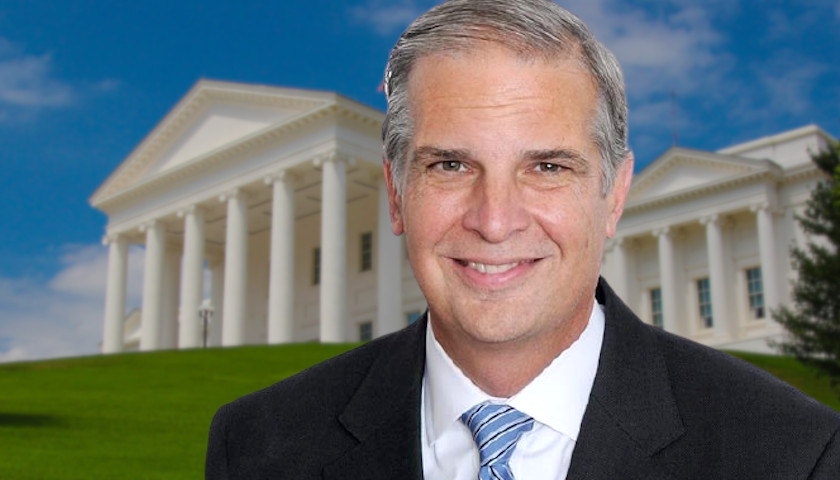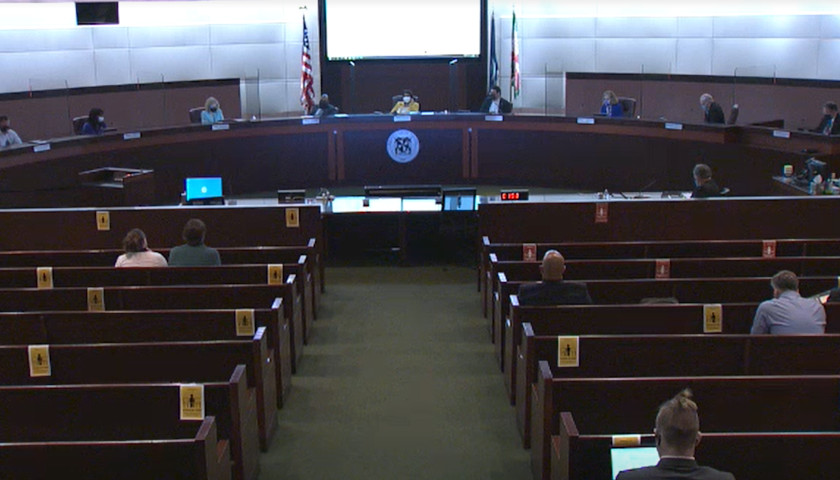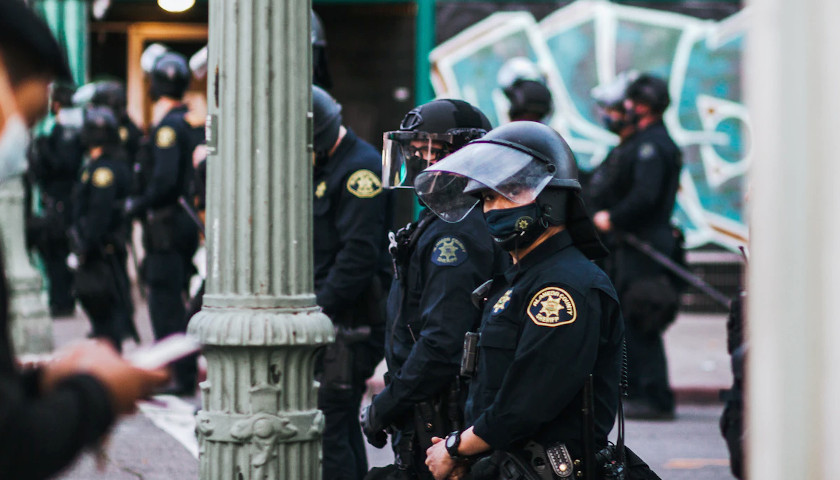Two bills to expand collective bargaining in the commonwealth came before the House Labor and Commerce Subcommittee #2 Thursday, one by Del. Katrina Callsen, D-Albemarle, for public transportation providers and the other by Del. Kathy Tran, D-Fairfax, for all public employees in Virginia.
The subcommittee quickly voted to incorporate Callsen’s bill into Tran’s HB 1001, expanding collective bargaining for public sector employees from something authorized at the local level to a universal right for all, including state employees.
Read the full story
